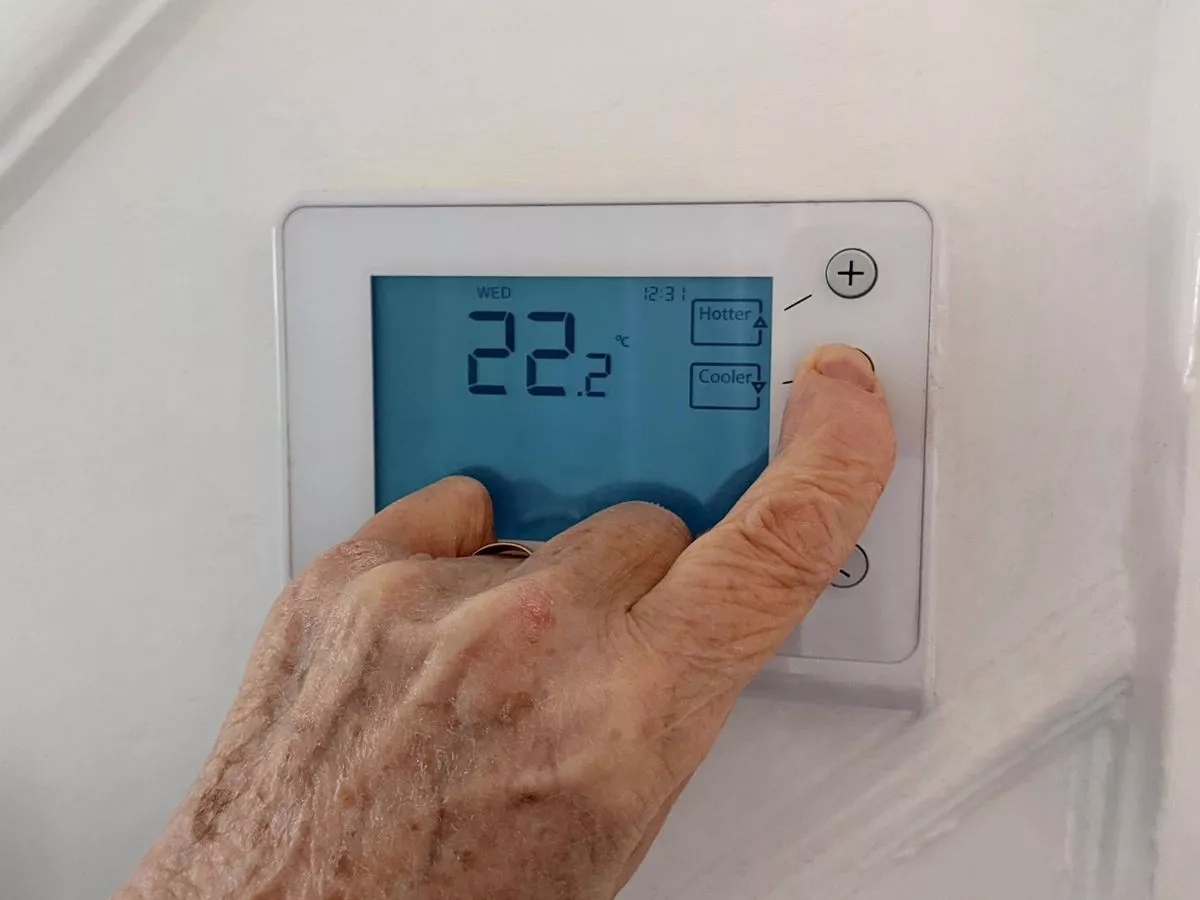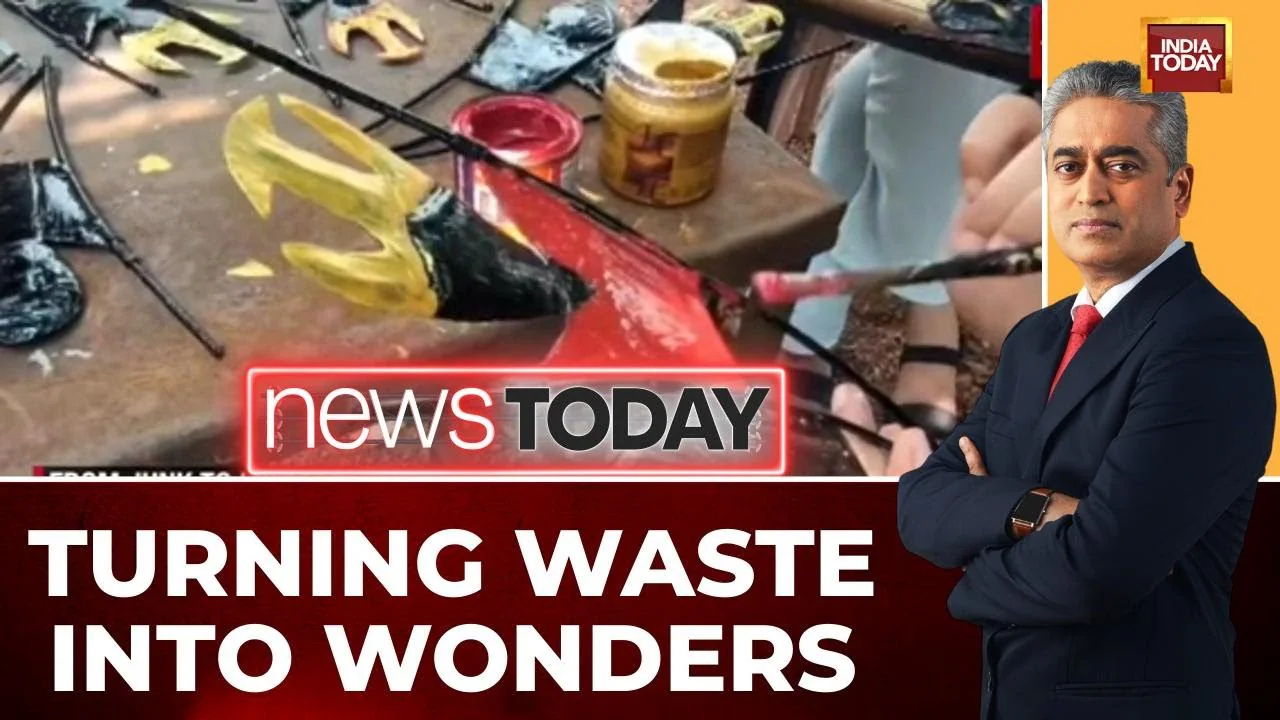Copyright dailyrecord

As autumn progresses and temperatures drop, many of us naturally turn up the thermostat and light fires to ward off the chill. But, as we increasingly rely on heating systems during these colder months, a medical expert has issued a stark warning about a hidden health threat that could be lurking in our homes. Neurologist Dr Bing has revealed there's one crucial mistake he refuses to make during winter, and it could have fatal consequences. The doctor warns that many people remain oblivious to the seasonal dangers that come with simply trying to stay warm indoors. Dr Bing emphasised that during the colder months, households must be acutely aware of the carbon monoxide threat in their properties . In a previous video, he outlined why extra vigilance is essential during winter and there are some straightforward steps you can take to keep warm safely. In footage posted online, he explained: "Winter is peak season for the silent killer, because people often use furnaces, fireplaces or gas power heaters or poorly ventilated heating systems. It's called a silent killer because it's colourless, so you can't see it. "It's odourless, so you can't smell it. Most people don't realise they're exposed until it's too late. You see, carbon monoxide is so dangerous because it prevents oxygen from binding to hemoglobin, which is a component in your blood which carries oxygen to different organs in your body, as well as your brain. "When this happens, it prevents oxygen from reaching your brain, and other vital organs. This can lead to symptoms like headaches, confusion, memory loss and even seizures. "If this is not caught, and treated early, it can lead to permenant brain damage. Sadly, I see cases of this every year, and there are ways to prevent this." Dr Bing explained there are methods to safeguard yourself, such as fitting carbon monoxide detectors throughout your property and ensuring they function properly. He further recommended having heating systems inspected annually. Additionally, he suggested it's wise to steer clear of using gas equipment inside the home. You might not be aware, but the carbon monoxide threat increases dramatically during winter as people rely more heavily on heating devices, and poorly ventilated or serviced equipment can cause hazardous gas accumulation. Throughout the colder period, there's also diminished air circulation as residents seal their properties to retain warmth. Faulty heaters and portable generators can equally heighten the danger of complications during winter. The NHS website explains: "Carbon monoxide is a poisonous gas that can make you seriously ill if you breathe it in. Carbon monoxide can be made by fires and appliances that burn gas, wood, oil or coal. "Carbon monoxide gas is colourless and does not smell, so you cannot tell if it is around you." Symptoms of carbon monoxide poisoning include: These symptoms can fluctuate, often worsening when you're in a room or building where carbon monoxide is present and improving once you leave or step outside. Everyday household appliances used for heating and cooking can emit carbon monoxide if they're improperly installed, faulty or poorly maintained. Despite the unsettling nature of this, there are measures you can take to minimise the risk of carbon monoxide poisoning. For instance, installing a carbon monoxide alarm in each room of your home that houses appliances burning gas, oil, coal or wood can be a lifesaver. It's also crucial to ensure all heating and cooking appliances are correctly installed and kept in good condition. In addition, regular servicing of your boiler by a certified engineer and maintaining clean chimneys and flues can help prevent carbon monoxide build-up. If you suspect you might be suffering from carbon monoxide poisoning, there are several steps you should take. Cease using any appliances you believe may be emitting carbon monoxide (such as a boiler, cooker or heater) if possible, and open windows and doors to let fresh air circulate. It's also prudent to step outside and seek medical advice immediately. Do not re-enter the affected building until you've consulted with an expert and, if you suspect a gas appliance is leaking carbon monoxide, ring the free National Gas Helpline straight away on 0800 111 999.



